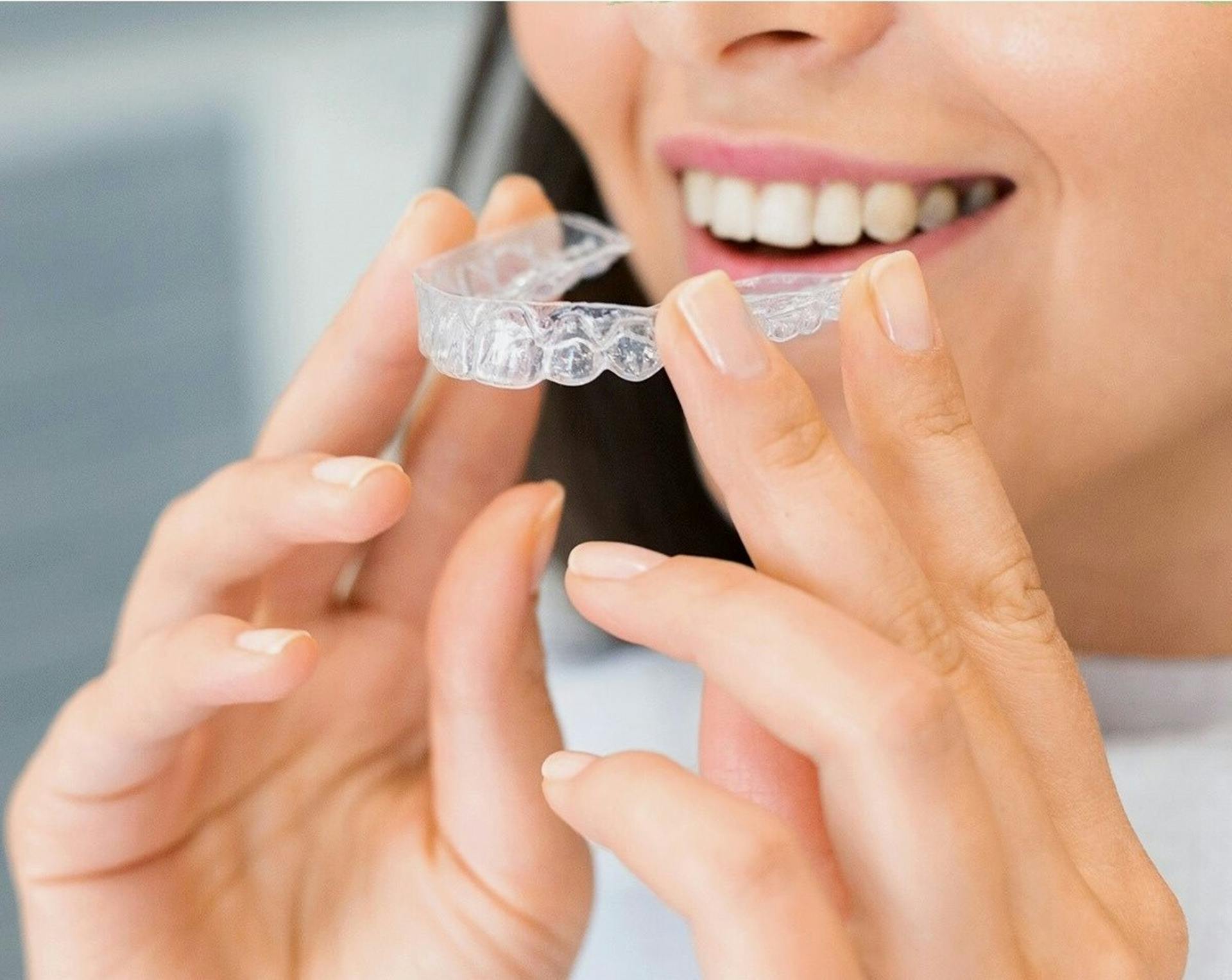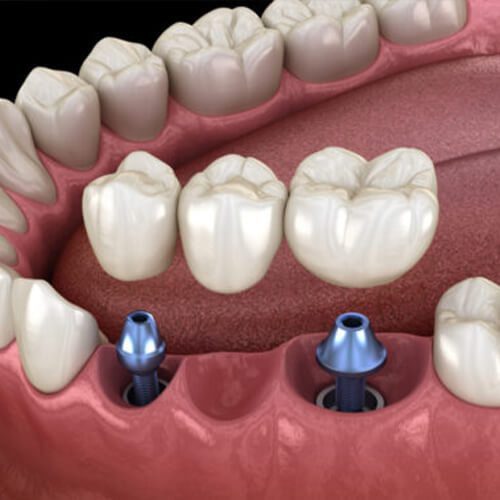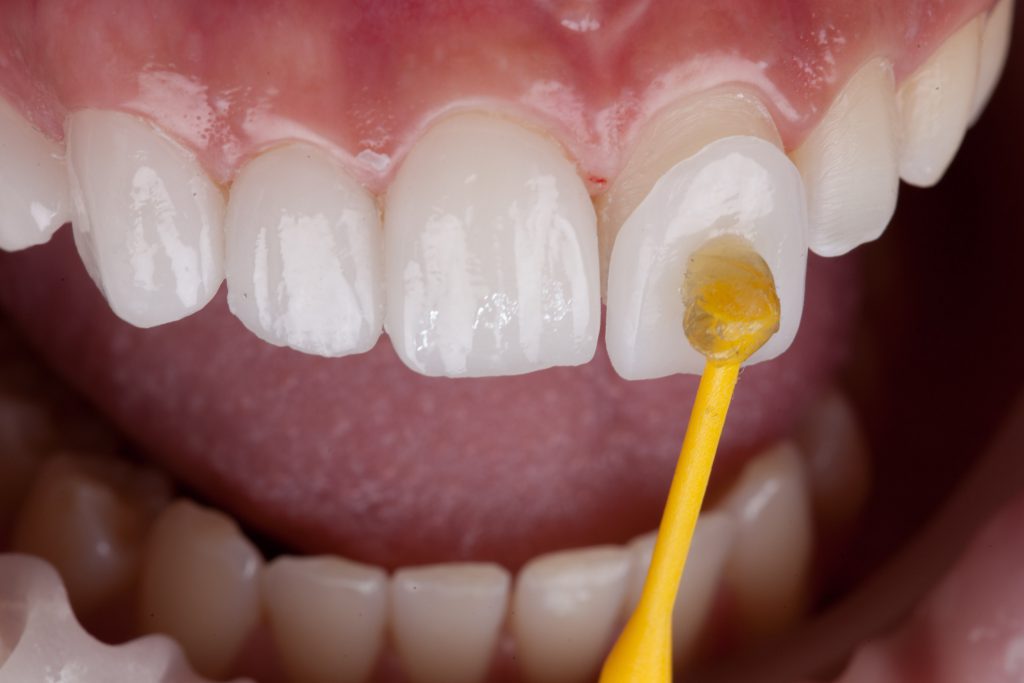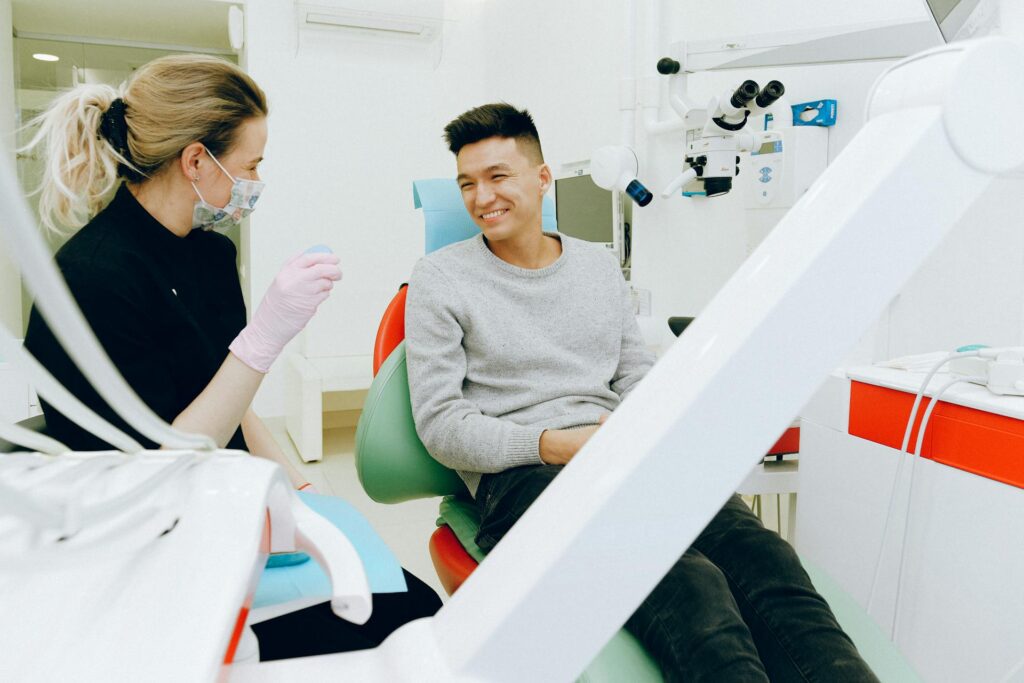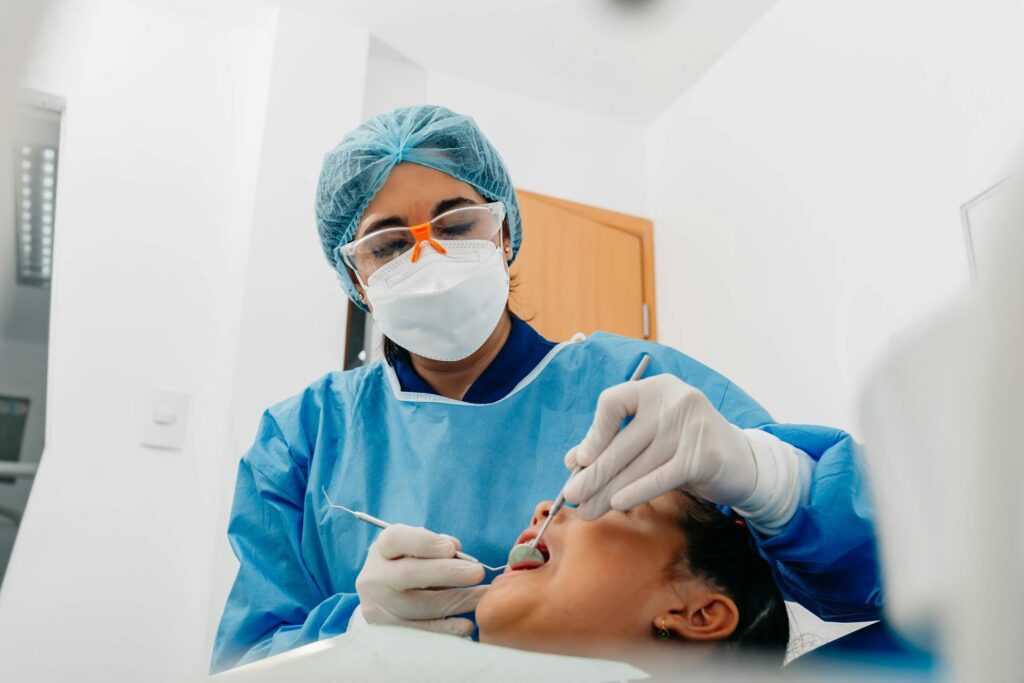Patients are instrumental in maximizing the success rate of their dental treatment through proper maintenance. Caring for your dental implants isn’t a small matter; it’s about protecting your hefty financial investment and overall well-being. Neglecting maintenance can lead to failure and complications, necessitating expensive repairs or replacements. Whether you’re looking for tips on how to care for full-mouth dental implants or other implants, we’ll walk you through tried and tested tips for keeping implants in top condition so that you can enjoy the foods you love and rock a healthy, confident smile.
1. Educate Yourself
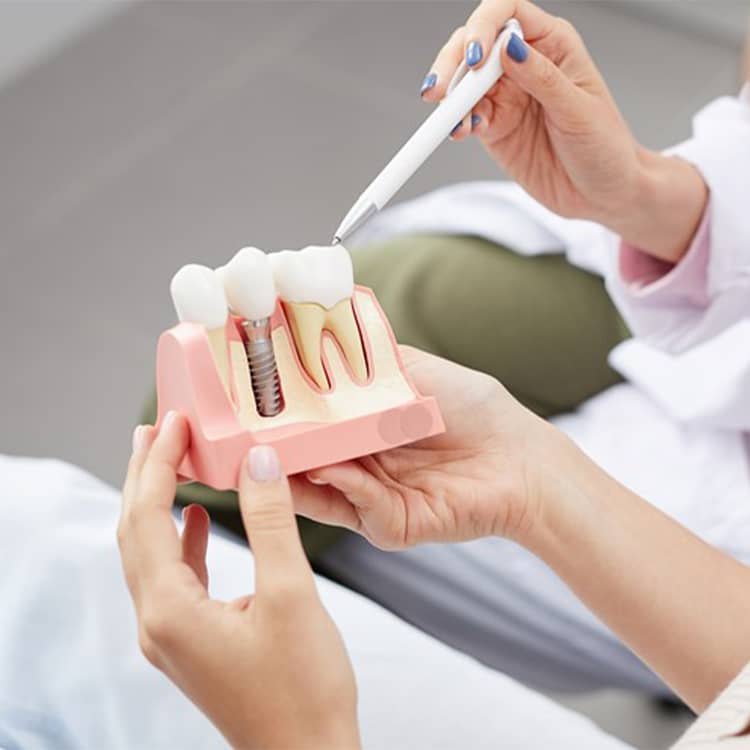
As with everything else, knowledge empowers you on how to care for dental implants. A 2023 study observed low levels of knowledge of postoperative care, functionality, and clinical performance of implants. Ignorance can lead to negligence, postoperative complications, chronic pain, and failure.
To facilitate effective implant care and longevity, it’s important to understand factors like healing and osseointegration; materials and functionality; potential complications, risk factors, and symptoms for early detection and treatment; harmful habits; cleaning techniques; and more. It’s also wise to have substantial knowledge of your implant type, structure, and components like titanium posts, abutments, dental arch, etc. to understand what level of care they warrant and why. Such information will enable you to observe strict post-operative care. Do your due diligence and have an informed conversation with your dentist, raising any questions or concerns.
2. Follow Your Dentist’s Aftercare Guidelines
Dentists usually offer tailored post-operative instructions on how to care for dental implants during and beyond the healing phase. These may include specific pain management interventions, products, diet, follow-ups, professional dental cleanings, daily hygiene, disinfection, and more. Your dentist may give specific instructions on how to care for full-mouth dental implants or another type depending on your dental health conditions and needs. It’s super important to adhere to these guidelines, as they’re tailored to your unique needs to ensure rapid healing and the best possible treatment outcomes.
3. Maintain Optimal Oral Hygiene
Appropriate brushing and flossing are critical elements of how to care for your full-mouth and other dental implants and natural teeth. Stick to soft-bristled brushes and non-abrasive toothpaste and gently brush your teeth and tongue twice daily for best results. Water flossers or gentle threaders can help flush interdental food debris and plaque and those in gum areas around the implants. An antimicrobial mouthwash can further eliminate inflammations and infections. Your dentist may also recommend implant- or case-specific products, including flossers, brushes, toothpaste, and mouthwash designed for gentleness.
4. Avoid Unhealthy Habits
Besides poor oral hygiene, habits like smoking are risk factors for peri-implantitis, a condition that causes tissue inflammation and jawbone deterioration around dental implants. Other potential implant-damaging habits include nail-biting, biting on hard objects, clenching, and teeth-grinding (bruxism). A mouthguard can help with managing bruxism as you sleep.
Healing phase management is an important aspect of how to care for dental implants. Disturbance of implants or inflamed and wounded areas using your tongue or fingers may delay healing or cause infections.
5. Eat Healthy Foods
Avoid hard or sticky foods, especially during the implant healing and adjustment phase. Gradually introduce hard meals. Limit the intake of sugary foods and stick to a balanced diet with enough minerals, vitamins, and other nutrients that support oral health. Sufficient hydration will help combat dry mouth and neutralize oral germs.
6. Seek Expert Care
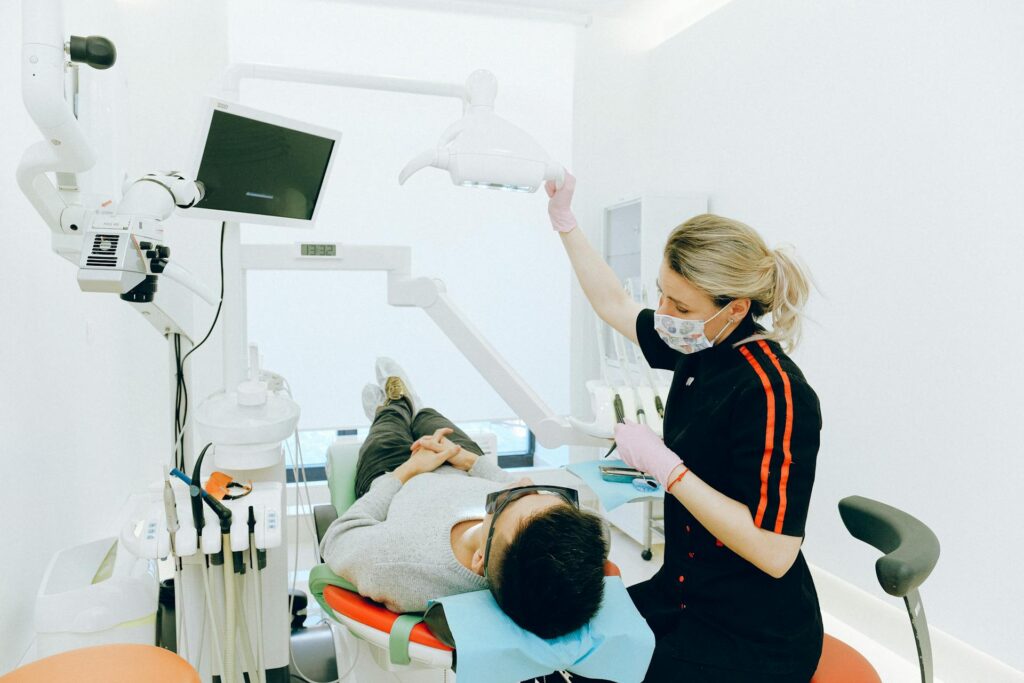
Regular dental visits for professional deep cleanings and checkups are critical steps in how to care for dental implants, as they help with the early detection and treatment of implant complications and other underlying dental problems.
Report any chronic discomfort, swelling, pain, and unusual sensations during and beyond the implant healing phase to your dentist. Address other oral health issues like gum disease and cavities on your natural teeth promptly and inform your dentist about any existing or recent conditions like diabetes, cancer, etc. so that they can work out a personalized treatment plan for protecting your implants and overall oral health.
At Pure Smile Makeover Center, Mexico, we can help you achieve your dream smile and enjoy long-lasting oral health through exceptional implant treatments, professional cleanings, and other dental procedures. We’ve helped countless patients from Mexico, the United States, Canada, and more improve their quality of life through comprehensive, personalized dental treatments and post-operative guidelines on how to care for full-mouth and other dental implants. We’ve consistently maintained quick recovery and higher treatment success rates through in-house, state-of-the-art techniques and top-grade implant materials. Contact us to book a smile makeover!
